Introduction
Expanded interest and various training frameworks have seen numerous new EdTech (Education Technology firms and new companies) players. EdTech organisations are benefiting from the current chances and making a fortune with altered items from self-learning materials, intelligent instructive substance, on the web classes, altered educational costs, understudy commitment and test tests. While online schooling and EdTech organisations are making learning really intriguing, a huge space of concern is the way client information is gathered, put away, handled, utilized and conceivably adapted. Malevolent utilisation of this delicate information by unapproved individuals and gatherings could bring about friendly designing, monetary violations and cheats, cyberbullying, client following, fraud, or different means for focusing on youngsters.
How much is the Edtech industry worth?
India’s EdTech industry is developing dramatically, being the second greatest worldwide and is ready to hit $3.2 billion by 2022. Private value and investment subsidizing in Ed Tech are ascending with inexact $1.5 billion financing as of September 2020, a four-times increment than 2019. EdTech empowers scale and speed utilizing a direct to the gadget model, separating topographical obstructions assisting understudies with getting to great schooling from top organisations. Instructors became facilitators and curators.managing from a distance.
The current K-12 educational system in India is one of the biggest on the planet, with more than 1.4 million schools with 250+ million understudies. As per IBEF’s Indian Education Sector Industry Report, August 2020, India is the second-biggest market for e-learning after the US. On the other hand, India is 115th in schooling in the Legatum Flourishing Index 2020, where Singapore is first and the US second; India was at 104 of every 2018.
What are the concerns regarding data privacy in the Edtech sector?
The huge concerns go past content and systems. There is a need to quickly address basic
challenges like information security, protection, social, and moral issues. The protection strategies of the EdTech organisations are hesitant and questionable and expect that assent and obligation lie with the client. The greater part of the purchasers of these EdTech stages are neither informed nor have the legitimate ability. This disturbance in the schooling area raises moral and social concerns. Some basic spaces of worry in social and moral angles are one-sided content conveyance, verifiable impact on profession choices, insignificant recorded information accessibility for proficient information displaying and AI prompting erroneous profiling of understudies, expanded joblessness of customary instructors, less upskilling and reskilling of teachers and normalization and control of content without administrative endorsements.
Did the Data protection Bill propose any compliance requirements for the Edtech sector?
Area 16(2) of the Personal Data Protection Bill, 2019, states that the information guardian will, prior to handling any close to home information of an understudy, confirm their age and acquire the assent of their parent or watchman, in such way as might be determined by guidelines by the Authority under the Act. It is the obligation and responsibility of EdTech organisations to guarantee they send modern frameworks, structures and projects to shield against cyberattacks, information breaks and information encroachments proactively.
How should data be managed in the Ed tech sector?
There is a need to teach, illuminate and increment familiarity with end-clients of the dangers and difficulties related with application based learning. Instructive foundations and government training divisions ought to work with mindfulness crusades, direct customary inspecting and execution surveys of these Edtech programs. Contact subtleties of information protection and legitimate workplaces of EdTech firms ought to be made accessible to end-clients. There ought to be all around reported cycles and approaches on how the information is being gathered, put away, handled, broken down and utilised. Extra due determination, including the arrangement of nodal and complaint officials, is one more prerequisite with appropriate substance survey and balance. There are no or negligible administrative bodies in India today for controlling these worries in the dynamic instructive area. An obvious administrative system must be set up to deal with the moral part of constrained learning, conduct and psychographic information waste, content guidelines, norms and compliances.
Given the delayed course of passing the information assurance laws in India, the legal executive might direct and give essential rules to guarantee that EdTech organisations carry out frameworks and methodology to address concerns and difficulties.
Conclusion
There are moderate advances taken by numerous nations currently on information security and information assurance of its clients. GDPR (General Data Protection Regulation) by the European Union is one unmistakable illustration of a vigorous administrative system tending to the information protection board of its residents. The pandemic made a turning point that changed schooling, however innovation in instruction opened up a door to understudies’ security. Subsequently, it is fundamental to investigate how instruction innovation is cleared also, managing the new way of learning. We also need to wait for the Data protection bill to pass and see what additional compliances it imposes.




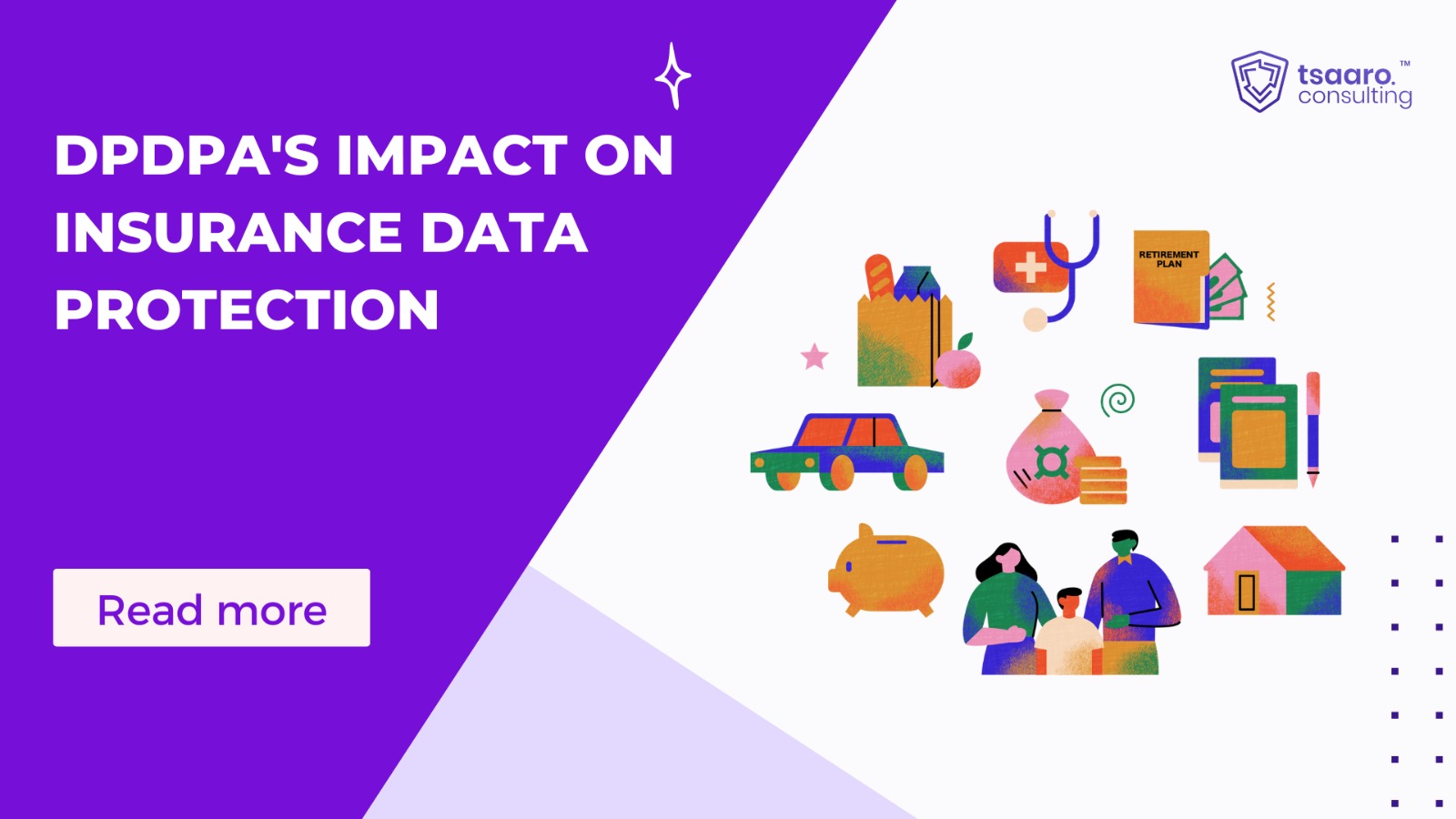
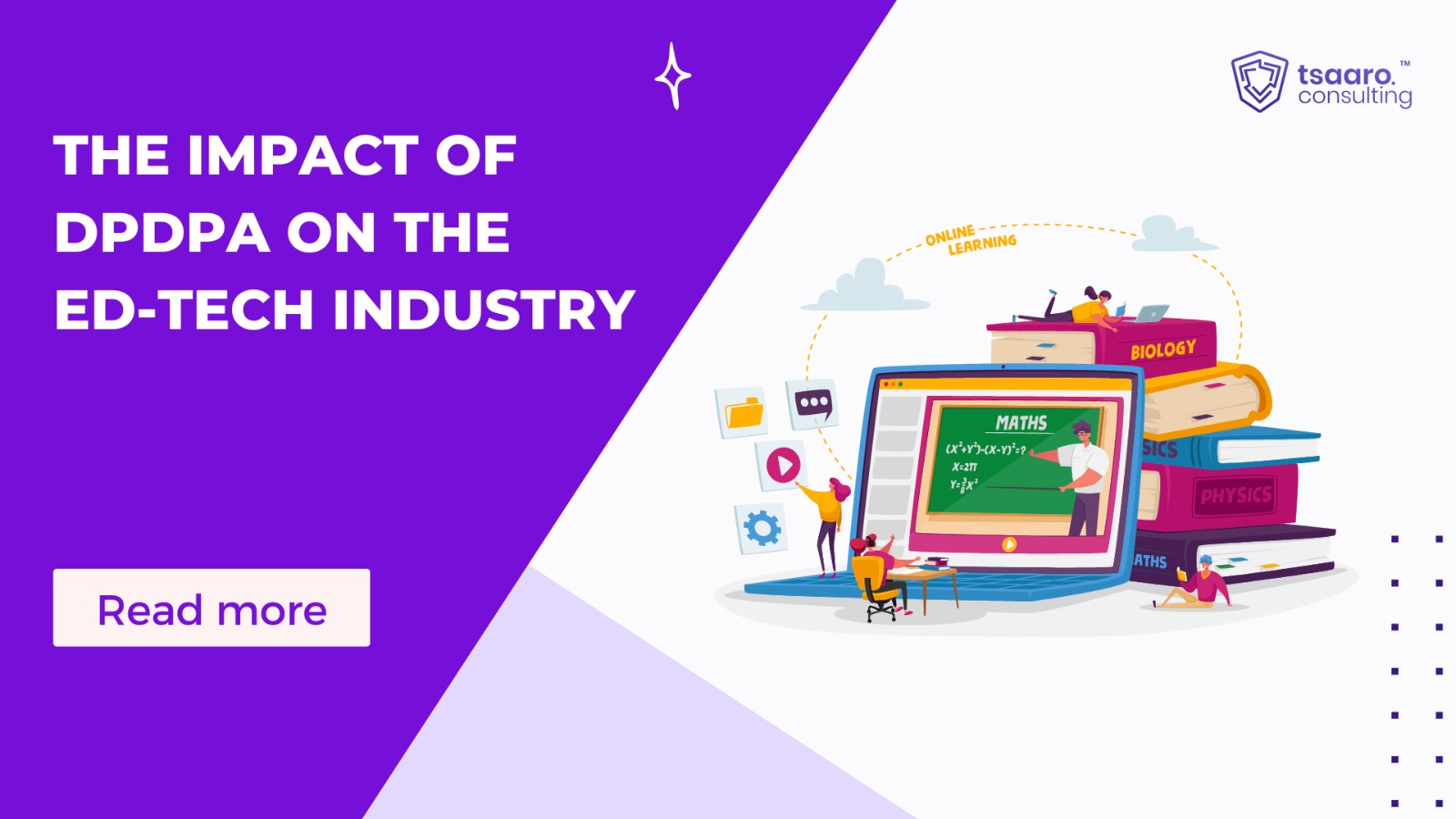
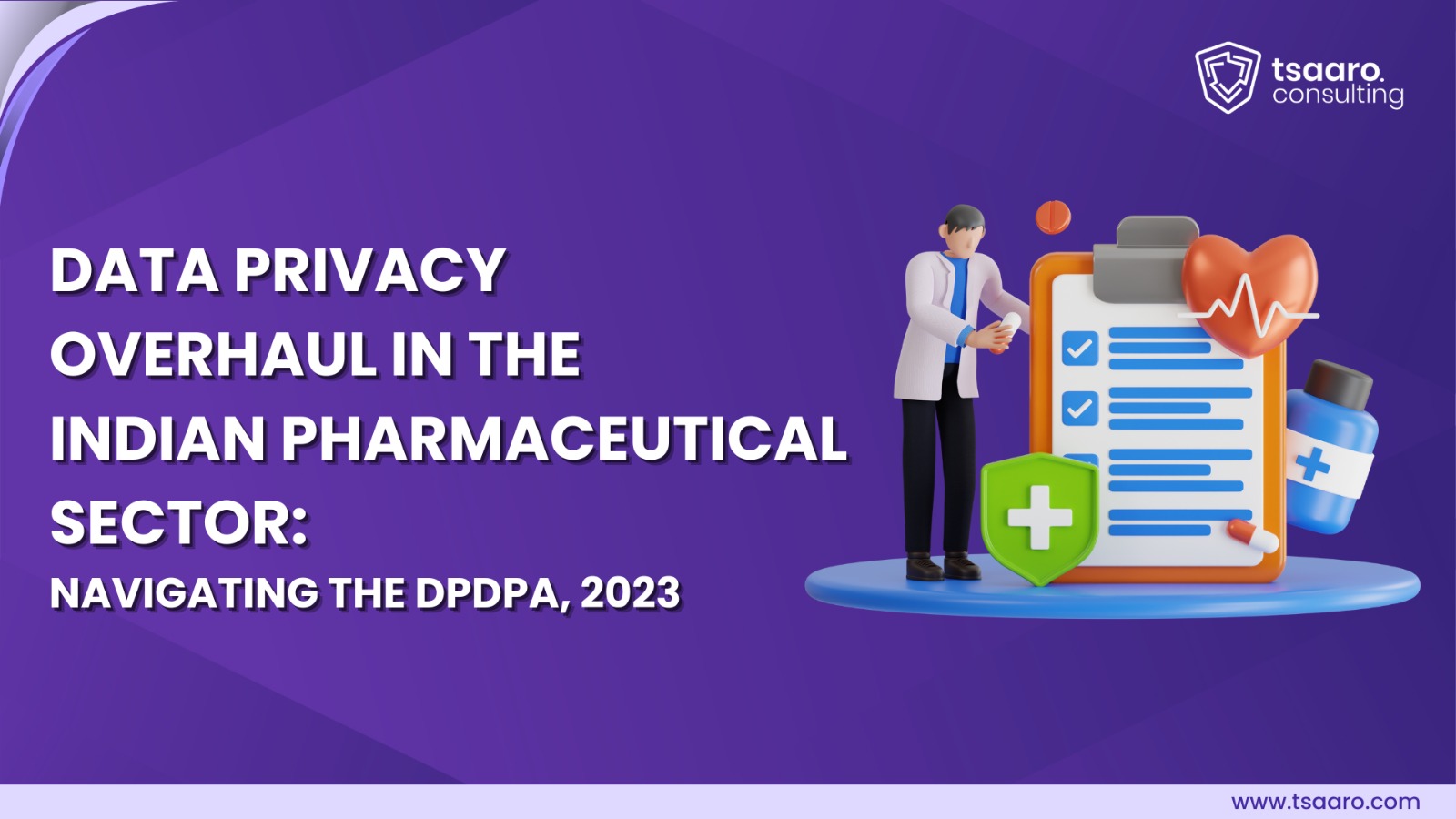

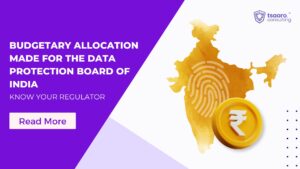
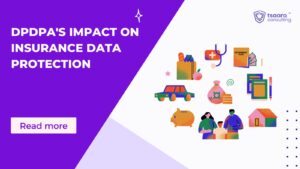
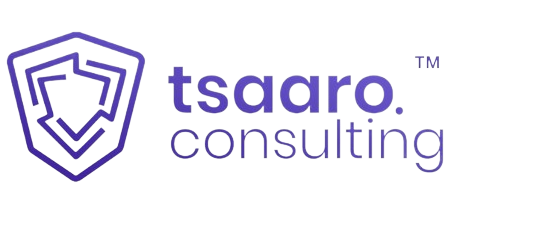


Very engaging and funny! For more information, click here: LEARN MORE. Let’s chat!
I constantly spent my half an hour to read this webpage’s posts all the time along
with a mug of coffee.